Foreign companies doing business in Belgium always have to deal with Belgian VAT. This can give rise to a whole range of questions. They often involve the correct determination of VAT liability, the correct collection of VAT and its correct payment to the tax authorities, applying for a VAT number (mandatory or not), keeping correct VAT accounts and keeping the necessary VAT documents, VAT refunds in Belgium, etc. Even the mere transfer of goods in your possession to a warehouse in Belgium is subject to VAT obligations.
Do you have questions about VAT in Belgium? Our tax lawyer Thomas Hermie will be happy to advise you.
VAT in Belgium
All services provided or goods delivered by a company are generally subject to turnover tax in Belgium. In the German-speaking part of Belgium, turnover tax is often called Mehrwertsteuer or Umsatzsteuer. In the Flemish-speaking region, it is called belasting over de toegevoegde waarde, or BTW for short. In French, it is called taxe sur la valeur ajoutée, or TVA for short.
This tax is levied on the final consumer, usually the customer, on top of the ordinary price of the goods or services, and is therefore an indirect tax. Consequently, VAT does not affect the company’s turnover, at least not if it is 100% entitled to deduct VAT.
Normally, VAT in Belgium is 21%. In exceptional cases regulated by law, such as foodstuffs, certain construction and renovation works, short-term (hotel) accommodation, catering and hospitality, passenger transport, cultural activities or certain energy products, a reduced rate of 6% or 12% may be applied.
Who is liable to pay VAT in Belgium?
In principle, all companies established in Belgium are liable to VAT from the first euro of turnover. However, there is a tax exemption scheme for Belgian-based small businesses with an annual turnover of up to EUR 25,000 (excluding VAT). These companies are exempt from most tax VAT obligations.
Moreover, companies, not established in Belgium, may still owe VAT in Belgium under certain circumstances. Especially for companies operating cross-border, the company’s VAT liability in Belgium depends on the specific circumstances of the case. However, the tax liability is often shifted from the service providing company to the B2B customer established in Belgium (i.e. application of the reverse-charge mechanism). However, this does not apply to supplies to private B2C customers.
Also note that when non-Belgian subcontractors are engaged, the reverse-charge arrangement generally cannot be applied. In the construction, assembly and industrial sectors, this often results in the main contractor and/or its subcontractors having to register in Belgium for VAT purposes. This is also often the case when organising events and seminars.
It is advisable to have the existence of any VAT obligation checked by a tax lawyer. After all, if the foreign company does not fulfil its obligations, it risks having to pay overdue Belgian VAT, plus considerable penalties and interest.
Obligations of a company liable for VAT
If a company is required to register for VAT in Belgium, it must fulfil a number of obligations.
In addition to keeping comprehensive accounts, the company must submit annual statements of all customers of the company liable for VAT (the Belgian customer list) and ( three)monthly statements of the company’s turnover from Belgium to other EU Member States (the intra-community customer list, i.e. a list of all transactions the company has carried out with VAT-identified customers in other EU countries). Moreover, depending on the annual turnover, the company must submit a VAT declaration every month or quarter.



